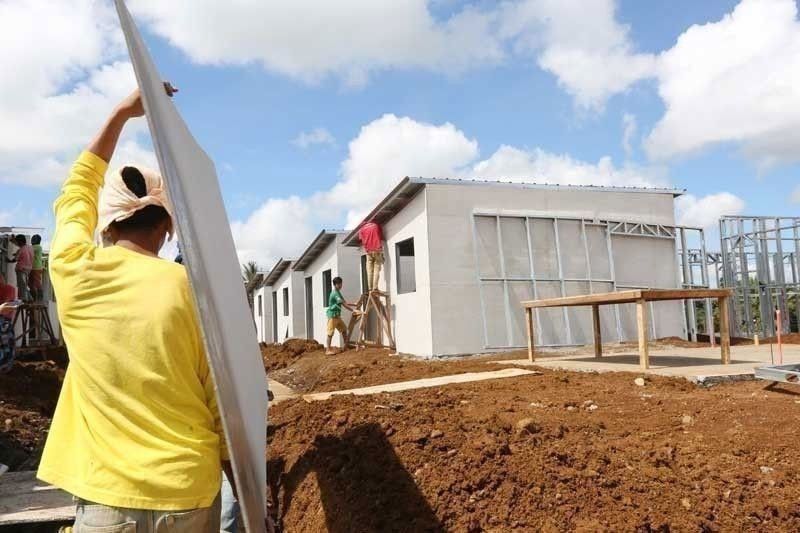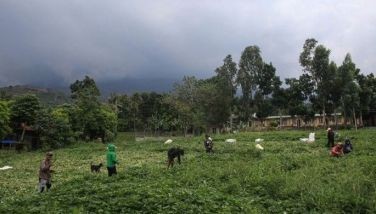Government banks vow support for intensified mass housing program

MANILA, Philippines — Major government financial institutions, including Land Bank of the Philippines (LBP) and the Development Bank of the Philippines (DBP) have committed to support the new administration’s intensified mass housing program, the Department of Human Settlements and Urban Development (DHSUD) said.
In a statement issued yesterday, the DHSUD said that the LBP, DBP as well as several private banks have already expressed their support to the government’s mass housing program during their recent respective meetings with Human Settlements Secretary Jose Rizalino Acuzar.
The DHSUD had earlier bared its plan to construct one million housing units per year until 2028 to address the country’s housing backlog of 6.5 million.
Acuzar said that both public and private financial institutions will play a vital role in addressing the two main challenges in the housing sector –affordability and access to funds.
“Government financial institutions, even private banks, are clearly pillars in the financial structure we have prepared to address the housing needs of the Filipinos in a sustainable way,” Acuzar said.
During his recent meeting with Acuzar, LBP president and chief executive officer Cecilia Borromeo said that the LBP is ready to participate in the government’s various housing projects through a “new financial scheme that will ensure gains for beneficiaries, local government units and financial institutions.”
“We would be very happy to work with DHSUD for this program. We just need more details on how we can formally participate,” Borromeo said.
Meanwhile, the DHSUD said DBP expressed particular interest in offering development loans as initial provision for projects to be constructed by the developers or local government units (LGUs).
“The crafted financial structure will ensure a closed-loop movement of cash and funds in the money market. This will include development loans and tax subsidies or housing interest support to attract more players,” Acuzar said.
He reiterated that the DHSUD’s planned financial scheme aims to “mobilize more private partners, such as developers, banks and other financial institutions to invest in housing production.”
Last week, during the House committee on appropriations’ deliberation on the DHSUD’s P4.049-billion proposed budget for 2023, Acuzar said that the agency is set to construct one million housing units per year until 2028.
Acuzar said that the intensified mass housing production is in line with President Marcos’ target of zero informal settler families by the end of his term.
He admitted that the DHSUD originally asked for a P95.9-billion budget for next year, but only P4.049 billion was approved by the Department of Budget and Management, which was lower by 48 percent than its 2022 budget of P7.6 billion.
Acuzar, nonetheless, assured the lawmakers that the agency’s lower budget for next year would not affect the planned construction of the initial one million housing units, as this will be financed through capital from banks and other government financial institutions.
He said that LGUs will also be tapped to assist in the implementation of the housing projects, especially in terms of determining the beneficiaries as well as the most efficient contractors and developers.
Acuzar, meanwhile, saw the hearing as an opportunity to ask the lawmakers for a separate P36 billion to fund the interest subsidy for the first one million housing units to be constructed next year.
He said that with the P36 billion interest subsidy, housing recipients will only have to pay the principal and one percent of the interest while the remaining interest will be shouldered by the government.
Meanwhile, in the same budget hearing, DHSUD Assistant Secretary for support services Avelino Tolentino said there is a need to ramp up housing construction, as the backlog is still expected to increase from 6.5 million by the end of 2022 to 10.9 million by the end of 2028.
- Latest
- Trending




























